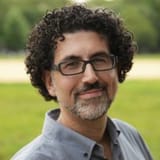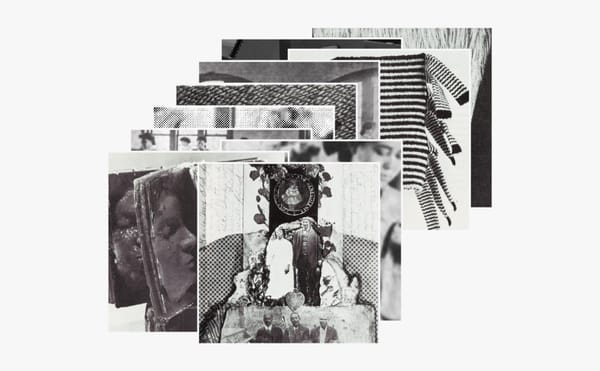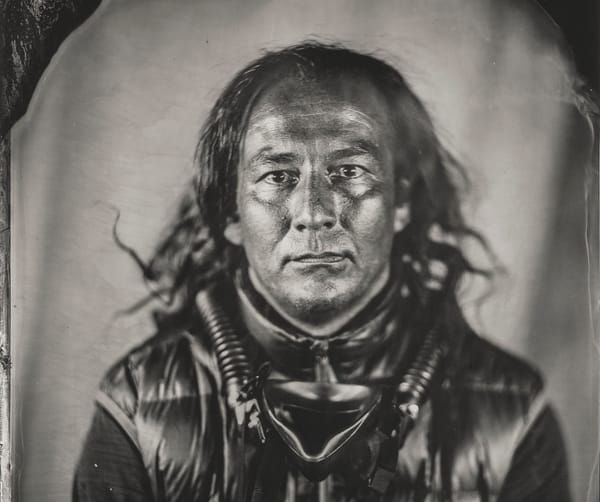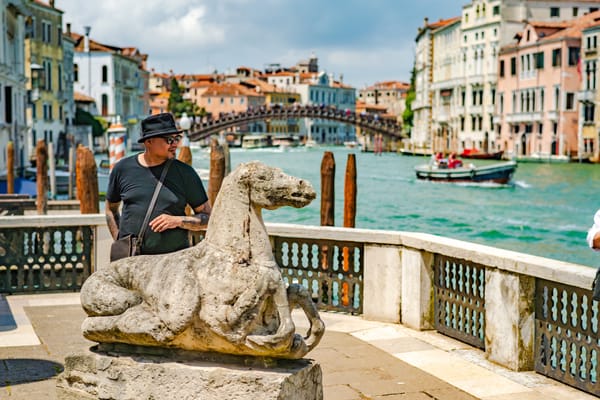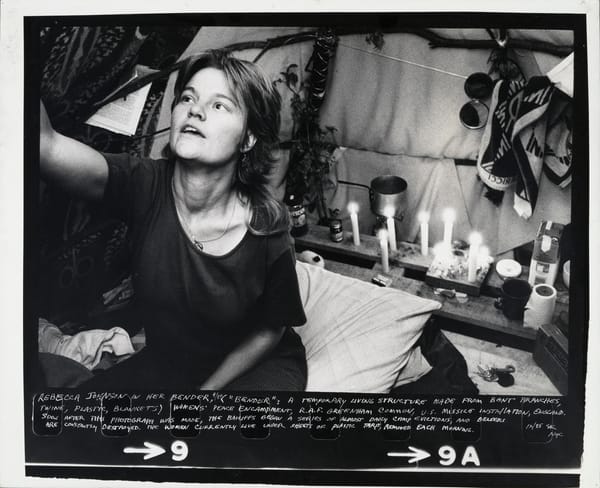What Is the Role of an Intellectual During a Revolution?
ISTANBUL — Last Saturday Yassin al-Haj Saleh, one of the most vocal intellectuals of the Syrian Civil War or Revolution (depending on your perspective), attended a screening of Our Terrible Country (2014) at SALT Galata.
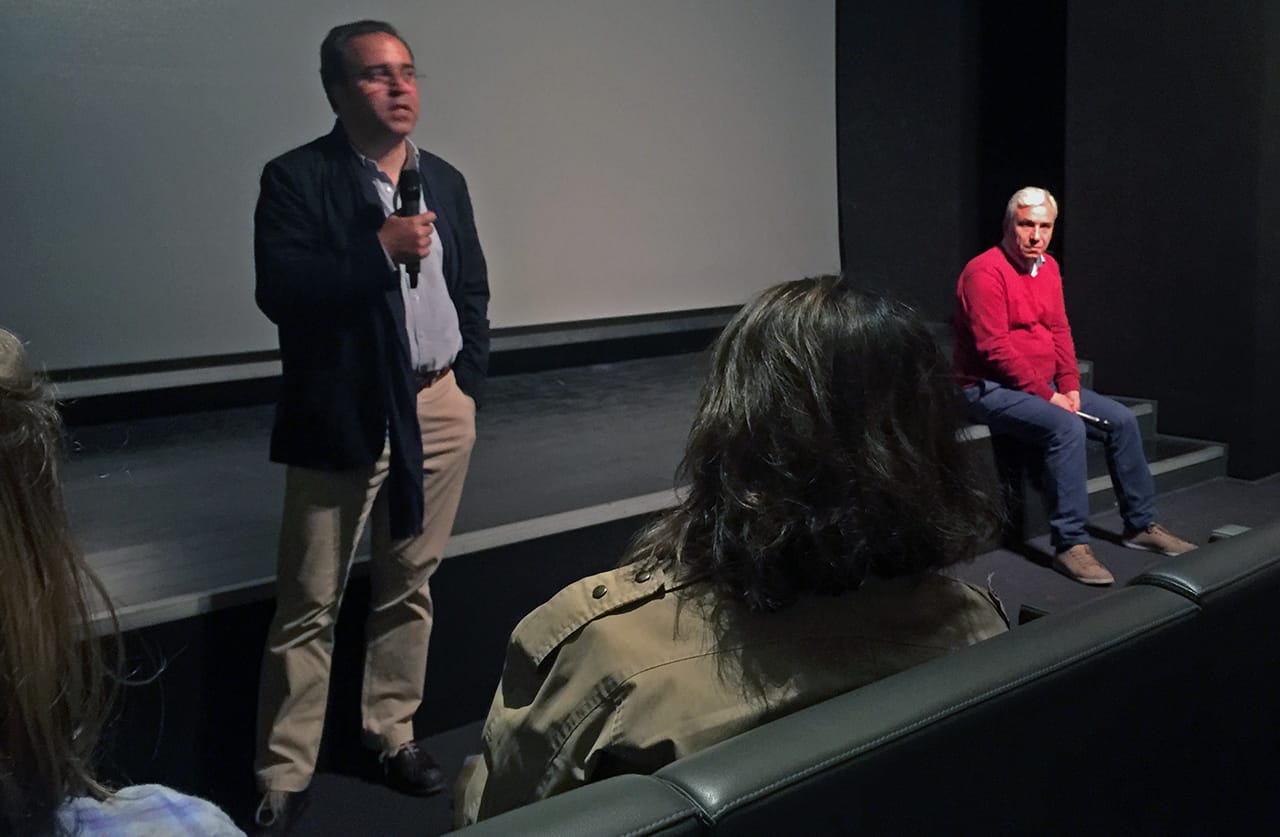
ISTANBUL — Last Saturday Yassin al-Haj Saleh, one of the most vocal intellectuals of the Syrian Civil War or Revolution (depending on your perspective), attended a screening of Our Terrible Country (2014) at SALT Galata. The film by Ali Atassi and Ziad Homsi, which Atassi shied away from calling a “documentary” at the screening, follows Al-Haj Saleh as he chooses to leave Damascus for Raqqa, where he was born, only to realize that living in a city under the control of ISIS would not allow him to continue to work. He is accompanied by a man in his thirties who believes in the revolution but is eventually captured by an Islamist group, tortured (though this isn’t made clear in the film, it was discussed in the Q&A that followed the screening), and released.
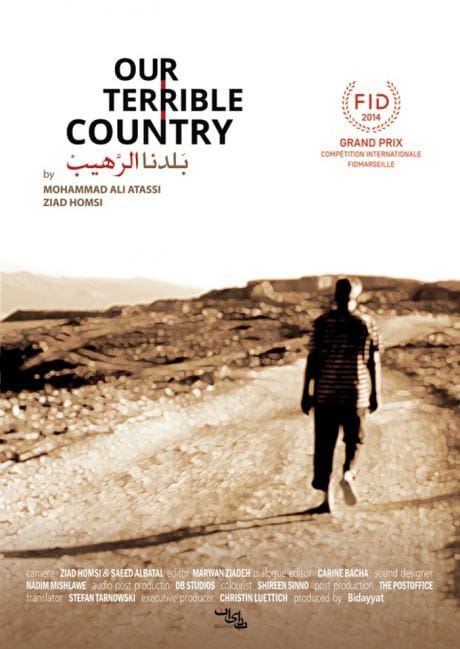
Atassi and Homsi don’t sugarcoat the realities of the conflict. By focusing on the relationship between Al-Haj Saleh, who is in his fifties, and the younger man, the film telescopes the generational divide but also brings into focus the male-centric perspectives that dominate this fight, while women (wives and mothers) remain at the periphery. The revolution that both these men dream about seems like a dream by the end of the film, even if they continue to maintain their commitment to its ideals.
Our Terrible Country is the furthest thing imaginable from war propaganda. It captures the claustrophobic work of contemporary revolutions, which takes place on screens and in private rooms, as was as on more conventional battlefields. The story doesn’t offer a sweeping sense of perspective, but cobbles together facets of life though the prism of the personal. In one scene, the younger revolutionary admits that the current face of the war has revealed things nobody could not have predicted. At times Al-Haj Saleh appears emotionally opaque to the audience, and he rarely feels vulnerable, but that stoicism makes him more compelling in this context as a man who is conscious of also being a symbol.
After the screening, an audience member asked Al-Haj Saleh what he thought an intellectual’s role was in revolution. His answer was concise:

